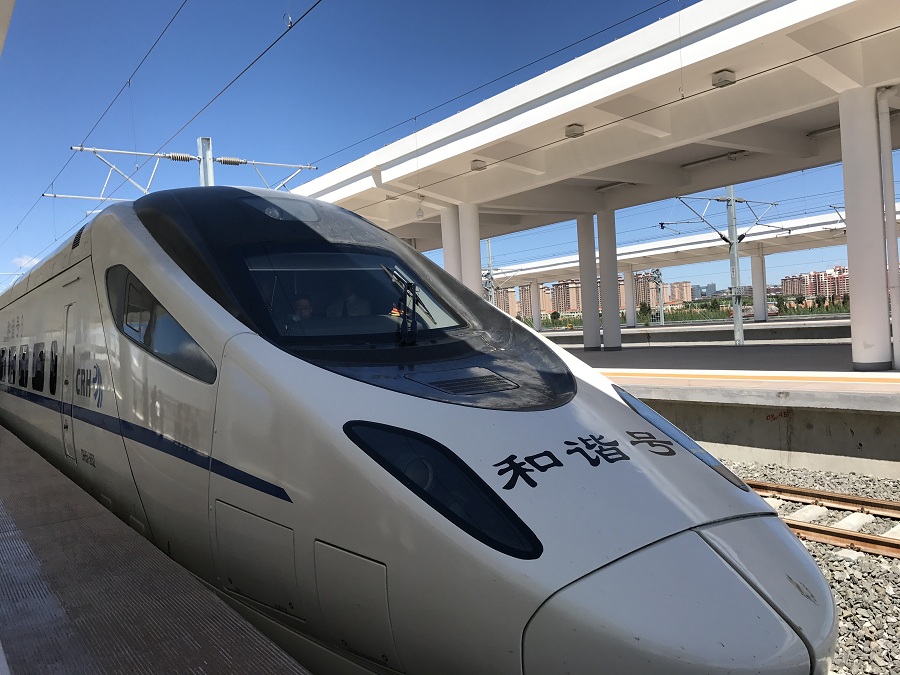Livestock firm makes hay as sheep meat demand soars
By Lyu Chang and Yuan Hui in Hohhot, Inner Mongolia (China Daily)
Updated: 2015-09-10
When Yan Shuchun turned his hand to sheep meat production in 2012, the former senior financial services executive knew it would be a lot harder to make money.
Three years on, however, the company he formed, Meng Yang Group, has not only become one of the largest meat producing and processing operations in China, but it is now planning a stock market listing.
The Inner Mongolia autonomous region-based firm doubled its revenue to 1.2 billion yuan ($188 million) last year and it is expected to hit 2 billion yuan this year, driven by increased exports particularly to countries in the Middle East.
Yan attributes the growth squarely to the region's rich pastures, which are perfectly suited to livestock farming, but as a country, demand for sheep meat has never been stronger, and supply from the area simply cannot keep up with demand.
"It is a tough business, but the potential is huge," he said.
"I would never have imagined just how strongly the sheep meat market has grown in these short three years."
Officially, China's annual sheep meat production grew just 5 percent this year, but demand is many times more because of the rising domestic appetite for local dishes such as hotpot, which rely on sheep meat.
Hotpots are shared regional delicacies, that use thin slices of meat and vegetables that are served in a broth, and their growth in popularity is being seen as arguably the single-biggest contributor to the country's estimated 200 billion yuan sheep meat market last year.
But Yan reckons the actual demand is more like 300 million yuan.
"There is a huge gap between supply and demand, at least 100 billion yuan, and I expect that to grow due to a lack of large-scale sheep meat producers," he said.
This year, Yan's annual production capacity reached 2 million sheep, but with increased investment in handling more processed lamb and meat products, his output is expected to increase to more than 10 million heads by 2020.
Inner Mongolia is China's major agricultural and live-stock base, supplying around 22 percent of the total number of sheep. But production in the region faces a number of challenges, none more so than growing competition from abroad, particularly New Zealand and Australia, said Yan.
Prices of imported sheep meat remains much lower than domestic produce, because of the more effective management systems in place and the often larger-scale production in the main global markets.
In China, sheep meat suppliers are generally local herders who often run very small outfits, scattered rurally.
Contact the writers at lvchang@chinadaily.com.cn and yuanhui@chinadaily.com.cn

High-speed train debuts in Inner Mongolia
A bullet train departed Hohhot East Railway Station for Ulanqab marking the start of high-speed rail services using Inner Mongolia’s first newly-laid high-speed railway on Aug 3.
